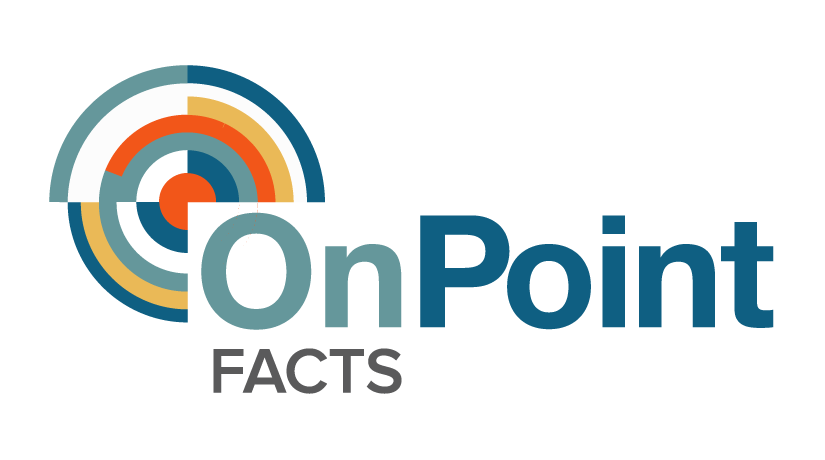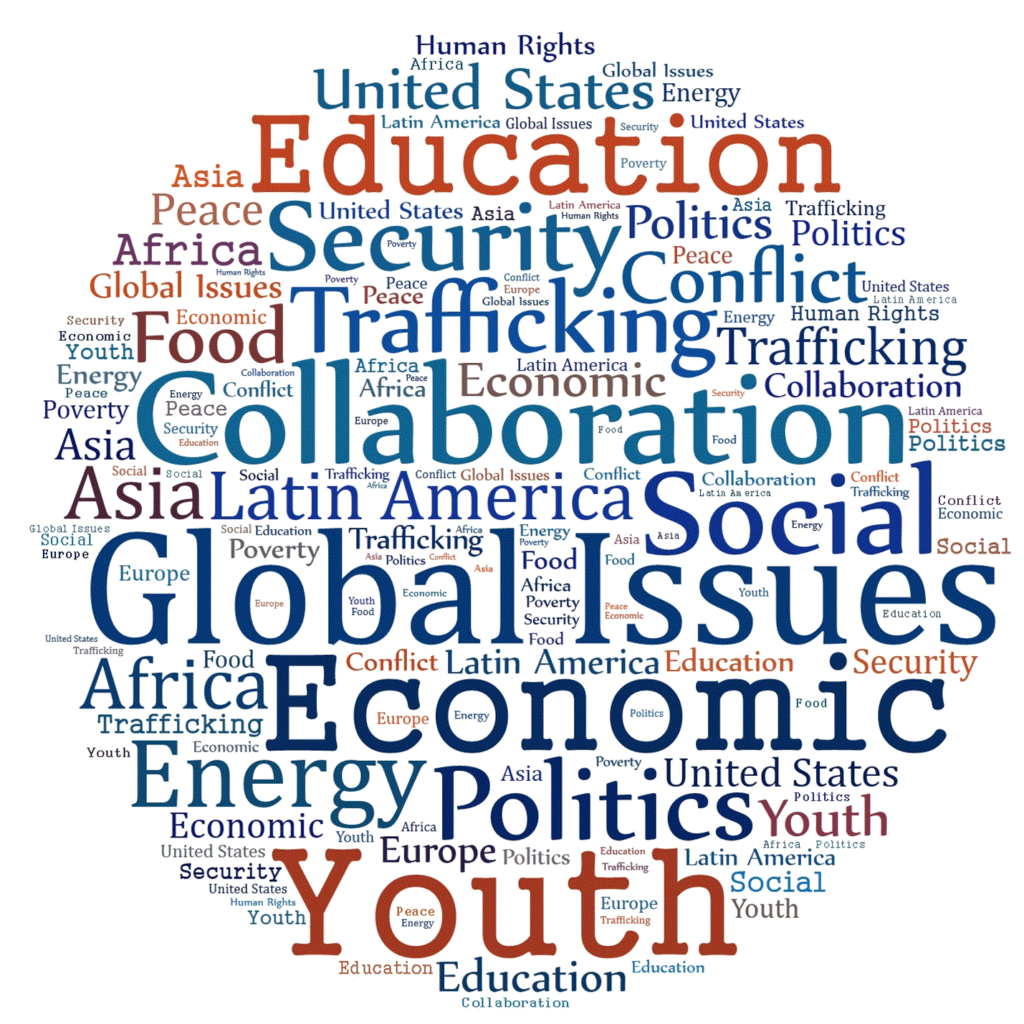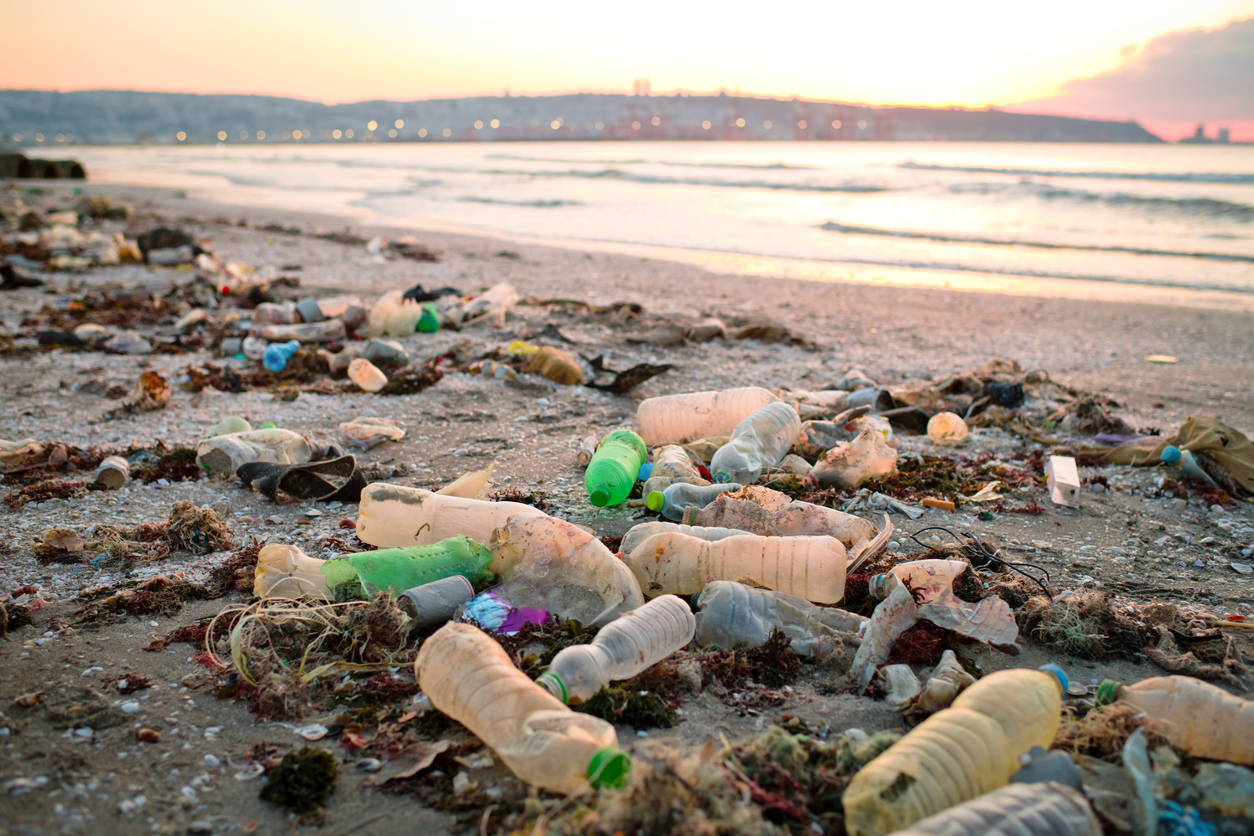
Reduce your participation in the tsunami of plastic rising in the ocean?
In the by-line for its June 2018 article “Planet or Plastic,” the National Geographic gives a chilling account of the 18 billion pounds of plastic ending up in the global ocean annually, and its devastating effect on marine life. That’s 9 million tons, much of it transported to the ocean by the great river.

What can you do to help reduce our global plastic waste?
In the by-line for its June 2018 article “Planet or Plastic,” the National Geographic gives a chilling account of the 18 billion pounds of plastic ending up in the global ocean annually, and its devastating effect on marine life. That’s 9 million tons, much of it transported to the ocean by the great river systems of the world, 15 of the 20 worst offenders found in Asia. Eight years ago, in 2010, an estimate by University of Georgia engineering professor Jenna Jambeck, reported that half of the world’s mismanaged plastic waste was generated by just five Asian countries: China, Indonesia, the Philippines, Vietnam, and Sri Lanka. According to Michigan State University chemical engineering professor Ramani Narayan “If you want to do something about this, you have to go there, to these countries, and deal with the mismanaged waste.”
A key partner in plastic waste is the manufacturer. Greenpeace is part of a coalition, Break Free From Plastic, which staged a 2017 beach clean-up on Freedom Island, a nature preserve in Manila Bay, Philippines. Volunteers picked up 54,260 pieces of plastic, including thousands of single-use tear-off packets containing one serving of product, such as ketchup or toothpaste. Nestle produced most of these packets, and Unilever second. Abigail Aguilar of Greenpeace said: “We believe the ones producing and promoting the use of single-use plastics have a major role in the whole problem.’
Ted Siegler, a Vermont resource economist, has spent more than 25 years working with developing nations on garbage. In his view, “we just need to collect the trash.” This means organized garbage collection systems, the necessary machinery and equipment, adequate landfill or closed incinerator space, and the resources to support this development. On the resource question, Siegler has proposed a worldwide tax of a penny on every pound of plastic resin manufactured. His estimate is that such a tax would raise close to 6 billion dollars annually, that could in turn be used for waste system management in the developing world.
What can you do to reduce your participation in the tsunami of plastic rinsing into the global ocean? National Geographic lists six simple steps:
- Give up plastic bags – a trillion plastic shopping bags are used worldwide annually – 100 billion in the U.S. alone. Take your own reusable ones to the store, or better yet, use cloth bags.
- Skip straws, and if you must use one due to medical reasons, ask for paper. Americans toss 500 million plastic straws every day.
- Give up plastic bottles. The Coca-Cola Company alone manufactures 128 billion plastic bottles annually.
- Avoid plastic packaging. Select loose produce rather than produce provided in Styrofoam, plastic wrap, or plastic boxes; and choose products in glass jars rather than plastic.
- Recycle, recycle, recycle. Globally, only 18% of all plastic is recycled, 30% in Europe, 25% in China, 9% in the U.S. This means that 91% of the plastic used annually in the U.S. is not recycled.
- Don’t litter. Globally, 73% of beach litter is plastic, including the filters from cigarette butts.
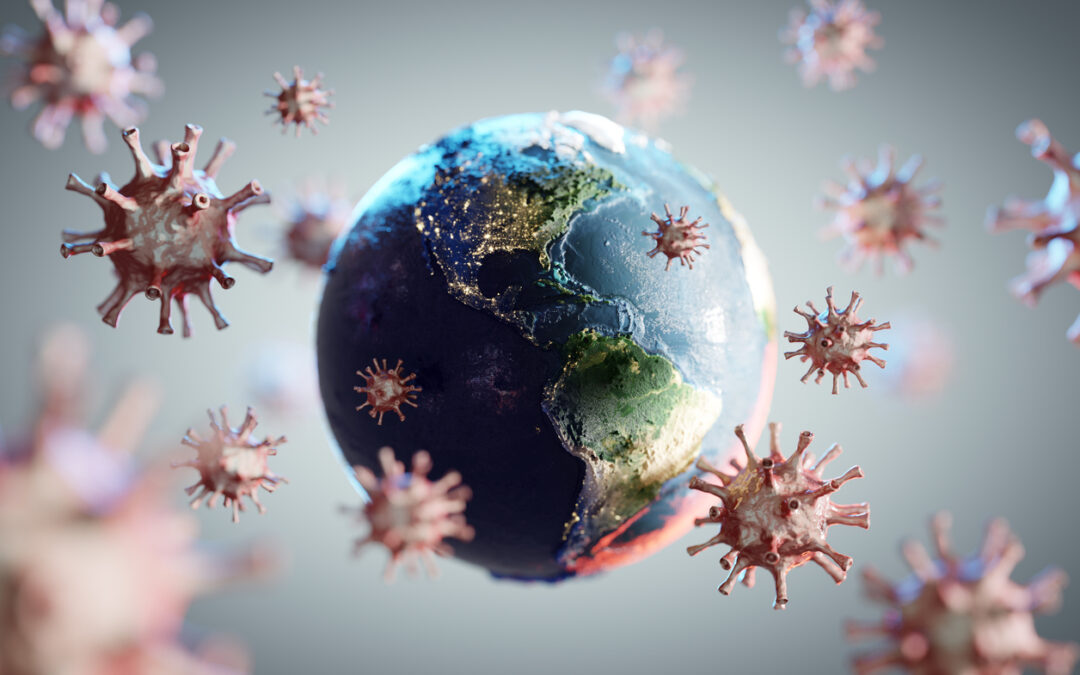
Coronavirus, Climate Change, and the Environment
Coronavirus, Climate Change, and the Environment While there is no direct evidence that climate change is influencing the spread of COVID-19, we do know that climate change alters how we relate to other species on the planet and that does affect our health and...
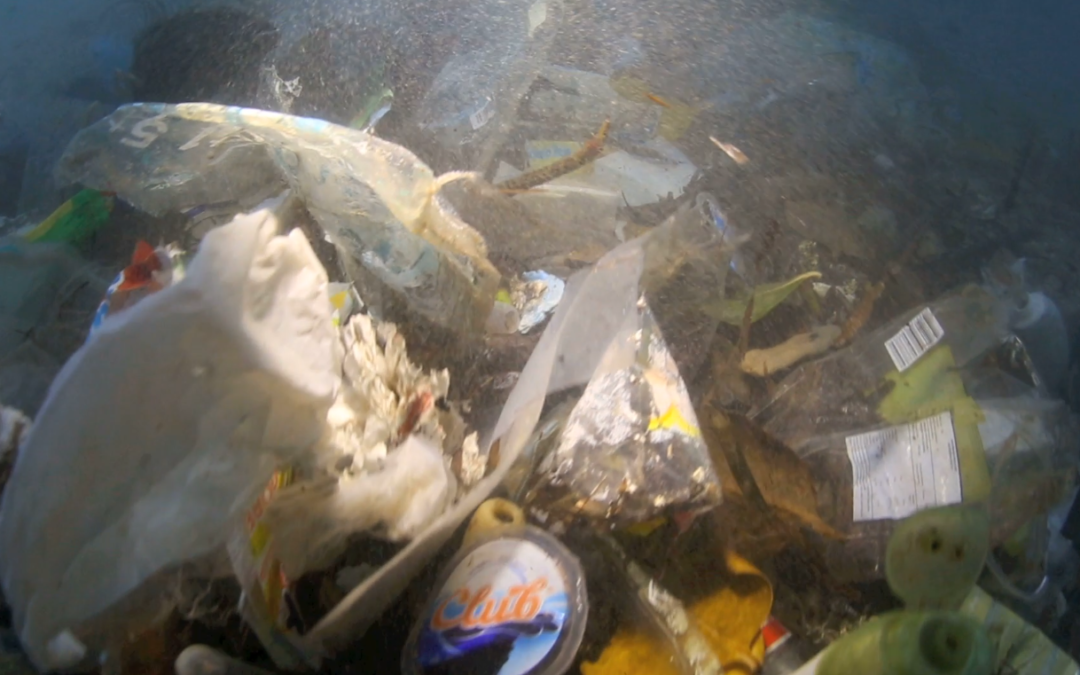
Do you know how much plastic waste is dumped into the ocean?
Do you know how much plastic waste is dumped into the ocean? Click to watch the video. OnPoint Facts What can you do to help reduce our global plastic waste? Other Environment Articles
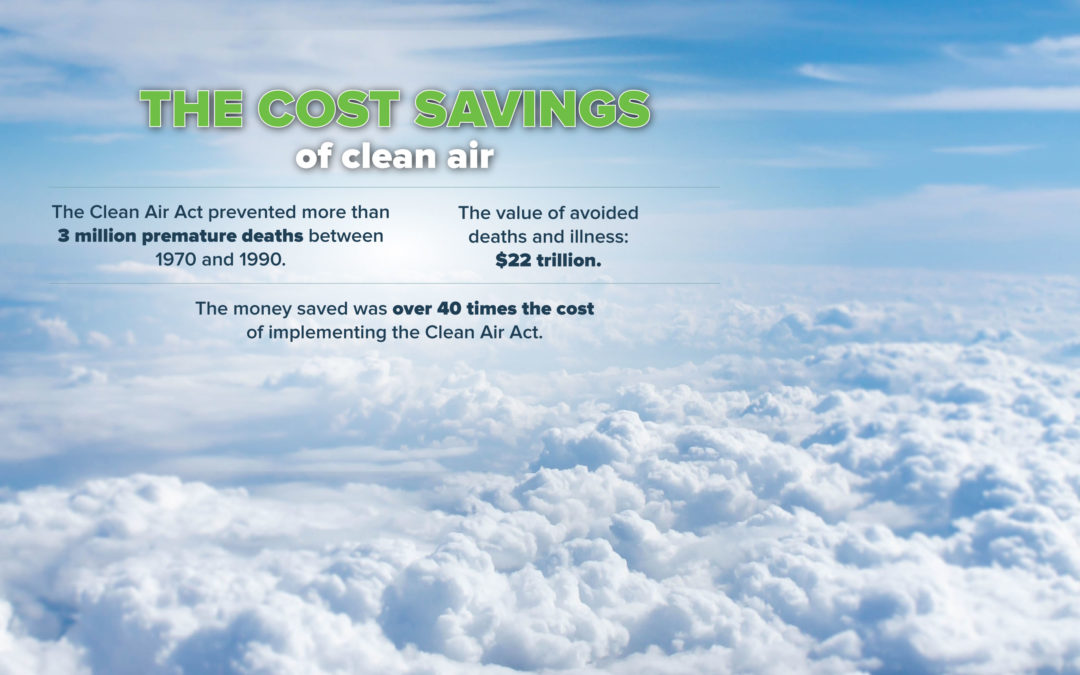
The Clean Air Act: The Economic Growth that Comes With Cleaner Air
Many in our government believe regulations should be rolled back. We invite you to consider the actual cost savings to the Clean Air Act.

Just Breathe… Through Your Mask. A Preview of Environmental Improvements.
Have you seen the skies over major cities lately? Traffic-free roads, plane-free skies and widespread brick-and-mortar closings have made the entire planet a beneficiary of the coronavirus pandemic in the short term.
